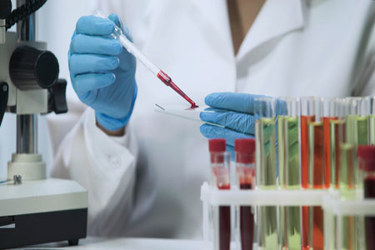Choosing The Right PBMCS For Your Research And Product Development Needs

Peripheral blood mononuclear cells (PBMCs) are essential tools in immunology research and the development of cell-based immunotherapies. Sourced through apheresis, PBMCs serve as feeder cells or starting material for isolating immune subsets such as CD4+, CD8+, gamma/delta T cells, and NK cells. However, significant variability in product quality — including red blood cell contamination, granulocyte levels, post-thaw viability, and functional attributes like effector potential and metabolic fitness — can affect both research outcomes and therapeutic development.
Recent findings underscore that differences in donor immune characteristics may influence the clinical relevance and potency of PBMC-based products. Selecting PBMCs with consistent, well-characterized functionality is therefore critical. Irradiated PBMCs offer added utility in stimulating immune cell expansion without proliferating, making them valuable for TIL and T cell manufacturing.
With access to in-depth donor profiling, researchers and developers can enhance consistency and efficacy in downstream applications. Choosing the right PBMC source can directly impact yield, cost, and therapeutic performance.
Get unlimited access to:
Enter your credentials below to log in. Not yet a member of Cell & Gene? Subscribe today.
